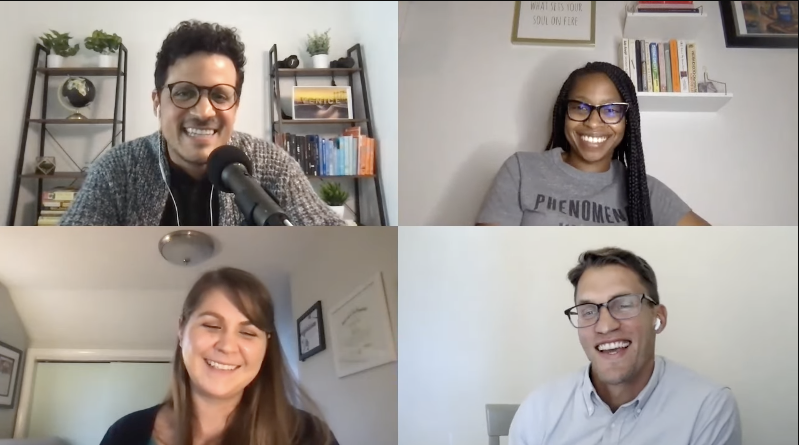Chronic Stress & Mental Health
When approached in early 2021 to speak about mental health on Pearson’s RESILIENT podcast, I felt unsure. Yes, I had studied education and psychology, had spent a decade learning from talented therapist-colleagues, and had supported dozens of leaders struggling through burnout and other physical, emotional, and mental health challenges. But was this really a topic I felt qualified to discuss so formally?
I knew that human stress must be reset physiologically through actions like moving, breathing, laughing, and crying. Chronic stress without this recalibration can trigger the onset of burnout. As I deepened my research, I began to understand how mental health issues like trauma and anxiety can emerge as responses to a frozen stress system. Understanding this connection has helped me and my clients see the impact that exercise, meditation, and other central nervous system regulation has had on their their mental health and leadership effectiveness.
In the end, my reluctance was less about my qualifications than the depth and complexity of mental health as a whole. It was an honor to speak alongside my fellow podcast participants, and I am excited to share the recently released episode more broadly. In this conversation, I discuss the impact that burnout has on school leaders and educators, along with specific steps that can be taken to counter it. Though focused on schools, our discussion of burnout, anxiety, and trauma is relevant to anyone suffering from those conditions, regardless of profession.
To dive further into these topics, check out my previous blog posts:

